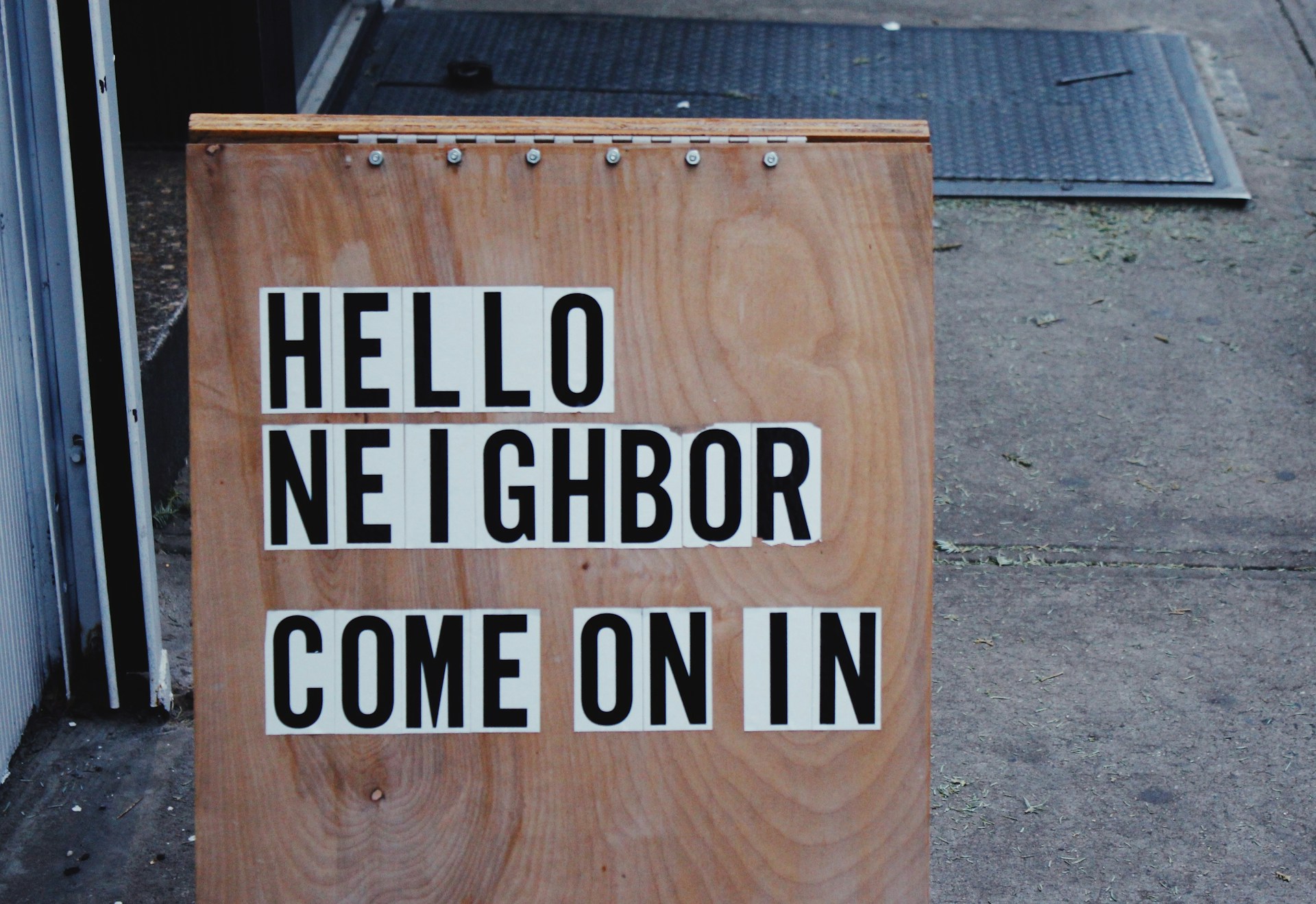31 Days of Unityنموونە


(Re)deem: “And who is my neighbor?”
This may be the most profound question in all of scripture.
Talking to a teacher of the law, Jesus is asked about what must happen to inherit eternal life, and to participate in God’s kingdom. Jesus and the teacher agree completely on what God requires: to love the Lord your God with all your heart and with all your soul and with all your strength and with all your mind, and love your neighbor as yourself. (Luke 10:27) Knowing this answer, and living this answer, however, are very different. Speaking these words or having them written on a wall somewhere matters very little. Participation in God’s kingdom, the gift of eternal life, begins when we live these words. Our God is a God of action.
Knowing this, the teacher asks this profound and haunting question, “And who is my neighbor?” The answer to this question and its implications have been at the center of Christianity from this moment forward. The good news Jesus revealed is that God desires to save all people. God’s kingdom is open to all who will love God with all that they are and all they have. The children of God, who live in this kingdom, go out into the world to embody this good news by extending the love and good news of God to ALL PEOPLE. The love we receive is the love we share.
The problem, of course, is that we don’t want to love all people. We only want to have love for those neighbors who we like. We want to love the people it is natural or easy to love. Jesus asks us, however, “If you love those who love you, what reward will you get?… And if you greet only your own people, what are you doing more than others?” (Matthew 5:46-47) The divisions that exist in our world exist because we don’t want to make neighbors of enemies or those who make us uncomfortable. Our brokenness comes directly from failing to love God with all we have and to love each other as we love ourselves.
The good news is that our path to unity is very clear. We love God and we love each other as we do ourselves. There is no one in the church, any church, anywhere in the world, that is not our neighbor. There is no one who is outside of our calling to love. There is no one we are excused from showing mercy to. Our redemption will flow from learning to see and experience each other as neighbors. What credit is it to love those who believe all the same things we believe and worship as we do and look like we do? No, the blessing and the joy come when God teaches us to love those we would never love on our own.
After you read the passage, ask yourself these questions:
- Who is it hard for you to call neighbor?
- In this parable the religious leaders ignore the hurting man, and the reviled person (the Samaritan) ends up doing the work of God. Who are the Samaritans (the reviled neighbors) in your community, church, or mind?
- Ask God to give you some specific people to pray for, that are hard for you to love as neighbors. Spend time gathered in prayer for them and commit to praying for them this week.
Our Prayer for (Re)demption
Jesus, you did not come into the world to condemn the world, but to bring salvation. May your light shine brightly through your children, that in our love of one another, the unity of the Church, and our service to the world, all may see your glory and be drawn into life with you. Amen
کتێبی پیرۆز
دەربارەی ئەم پلانە

This reading plan is for all those who long for unity in the church. In a world of anger, division, and animosity Jesus calls us to walk a different path. The journey begins with reflection, spending ten days paying attention to God and our lives. The study then moves into ten days of renewal, opening space for us to hear from God and to experience healing in our lives. The final eleven days focus on our redemptive work to love and serve the world.
More
پلانە پەیوەستەکان

Go Into All the World

Rise Higher With Humility: 3 Days to a Lighter Heart

God’s Strengthening Word: Being Renewed by the Holy Spirit

The Little Ant

The Wisdom of Humility

Five Signs You're Having a Mid-Faith Crisis

Arid Hearts Lush Hearts

The Woman of Faith

Stick Together
